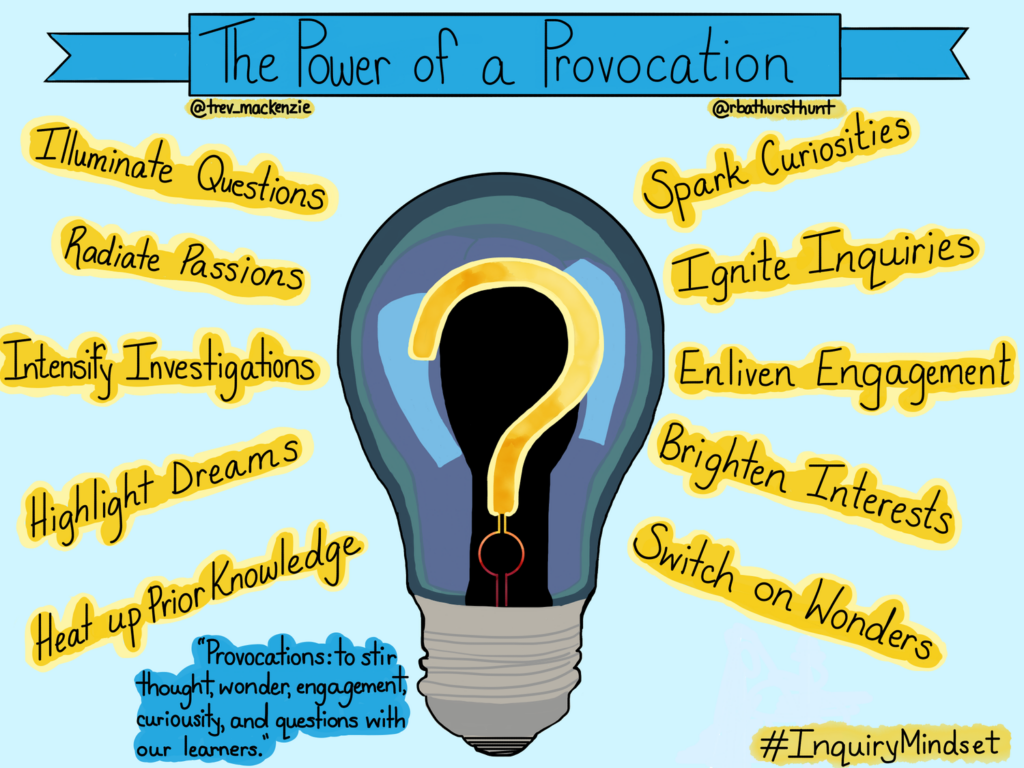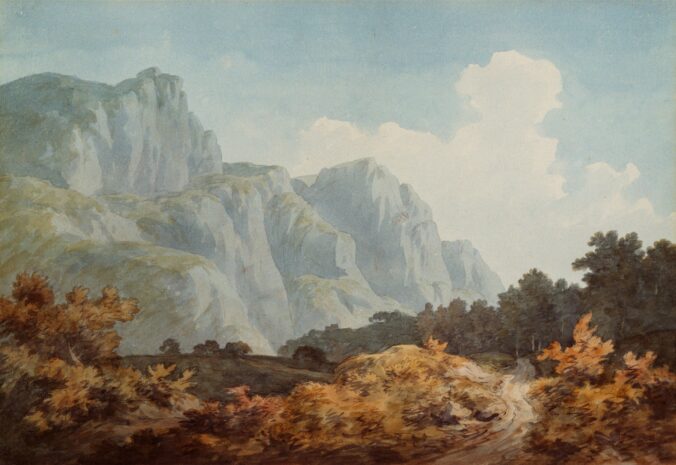This week we had guest speaker Trever Mackenzie speak and I thought he did a fantastic job at giving out cohort insights into how to take the theory we are learning and start thinking about putting it into practice. Additionally, he gave me lots of food for thought about how I am going to assess and assign grades to my students. His example of how he holds conferences with his student at the end of the semester is something I will be adding into my toolkit as this is exactly the type of way I want to be working with my students on their learning and assessing their learning with them: the learners. This talk reminded me of the importance of having the learner be part of the conversation in the final product and mark as they are the ones who have done all the work.
Trevor gave me words for what I have been internally grappling with: Why are we assessing a classroom full of diverse students with one limiting project/assignment? And why are we grading assignments we want the students to learn from? Trevor talked about taking feedback “from redundant to powerful” and using the feedback to drive the inquiry of the students. He went on to say that the feedback not only needed to be separated from the grade but that it needed to be, “kind, specific, and helpful”. This is an important reminder because of all the teachers I have had in my life, the ones I remember most are the ones who modelled their teaching practices after those three words. This is important not only for teachers, but for students as well. They should be giving each other feedback and learning to be kind, specific, and helpful while they do so. This helps them to learn and it helps their peers as well.

Trevor was able to show me there are other option out there for how we assess students and that every step of the process up to and including the assessment should be done with the student and not separate from them. This can seem very daunting from the eyes of someone who has not even stepped into a teaching role yet, but the image I grabbed from Trevor’s website is a good way to remind myself that there are ways this can be done throughout the class time and from very early on. Provoking your students to be curious and to use that curiosity to investigate and learn. In the lecture we saw students who were encouraged to pursue their interests in an inquiry project and how far the students went in the amount of effort they were willing to put into the project when they were interested and had to right amount of support.

Something I heard in the lecture that was difficult for me to understand was the idea that you can co create the expectations for students with the students. This seems difficult to me because as teachers we do have certain curriculum we must teach and this seems too open ended to meet the end of course deadlines. I wonder how this can be done with students while keeping them to the curriculum goals?
Overall I thought Trevor was a fantastic guest to have on and his talk has left me with plenty to think about as I delve further into the theory of teaching. I hope he has the chance to attend for future cohorts as the ideas he brings to the course are highly valuable.
I did some digging around on Trevor’s website and realized he also has a section for podcasts. I decided to listen to a couple of them to continue to feed this thought process it has started me on. His podcasts can be found here.
